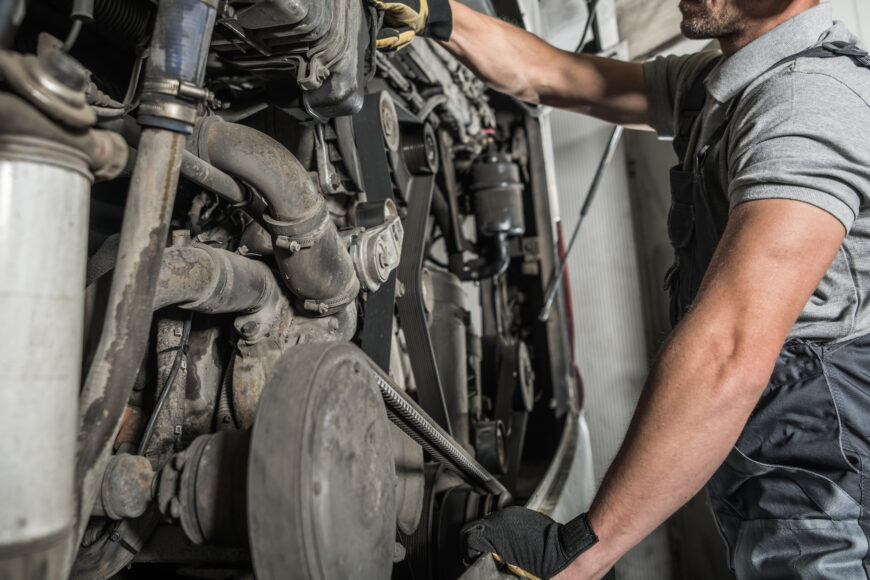- July 17, 2023
- By Tess
- In Diesel, Diesel Tips, Engine
- 828
- 0

Your diesel engine is a reliable workhorse, but to ensure its longevity, proper care and maintenance are essential. By implementing a few key strategies, you can extend the lifespan of your diesel engine and enjoy years of reliable performance. In this comprehensive guide, we will explore the best practices to improve the lifespan of your diesel engine, from regular maintenance routines to fuel and oil considerations.
Regular maintenance is the foundation for a long-lasting diesel engine. This includes timely oil changes, fuel filter replacements, air filter inspections, and coolant flushes. Regular maintenance keeps the engine components clean, reduces wear and tear, and prevents the accumulation of harmful contaminants.
Selecting the right fuel is crucial for engine longevity. Ensure you use high-quality diesel fuel that meets the manufacturer’s specifications. Additionally, consider using fuel additives that improve fuel quality, reduce deposits, and enhance lubrication, resulting in cleaner and more efficient engine performance.
Oil plays a vital role in lubricating the engine’s moving parts, reducing friction, and dissipating heat. To maximize engine lifespan, use the recommended oil viscosity and quality specified by the manufacturer. Follow regular oil change intervals and consider using synthetic oils that offer superior protection and longevity.
Proper cooling is critical for your diesel engine’s longevity. Regularly monitor coolant levels, ensuring they are at the correct concentration and not contaminated. Additionally, keep an eye on the engine temperature gauge and address any cooling system issues promptly to prevent overheating, which can lead to severe engine damage.
Implementing warm-up and cool-down routines for your diesel engine can significantly extend its lifespan. Allow the engine to warm up before putting it under heavy load, as this ensures proper lubrication and reduces stress on engine components. Similarly, after prolonged use, give the engine a few minutes to cool down by idling before shutting it off.
Contaminants such as dirt, dust, and water can wreak havoc on your diesel engine. Use high-quality air filters to prevent harmful particles from entering the engine, ensuring clean air intake. Additionally, install proper fuel filtration systems to remove impurities from the fuel, preventing damage to injectors and other critical components.
Any signs of engine trouble should be addressed promptly to prevent further damage. Listen for unusual noises, monitor fluid levels, and be aware of changes in performance. If you notice any issues, consult a qualified mechanic to diagnose and rectify the problem before it worsens.
Driving habits can have a significant impact on your diesel engine’s lifespan. Avoid excessive idling, as it wastes fuel and puts unnecessary stress on the engine. Opt for smoother acceleration and avoid rapid, aggressive driving, as it can strain engine components. Additionally, load your vehicle within recommended limits to prevent excessive strain on the engine.
Improving the lifespan of your diesel engine requires a combination of regular maintenance, proper fuel and oil choices, and mindful driving habits. By implementing these strategies, you can maximize the longevity of your diesel engine, ensuring reliable performance and years of trouble-free operation.





